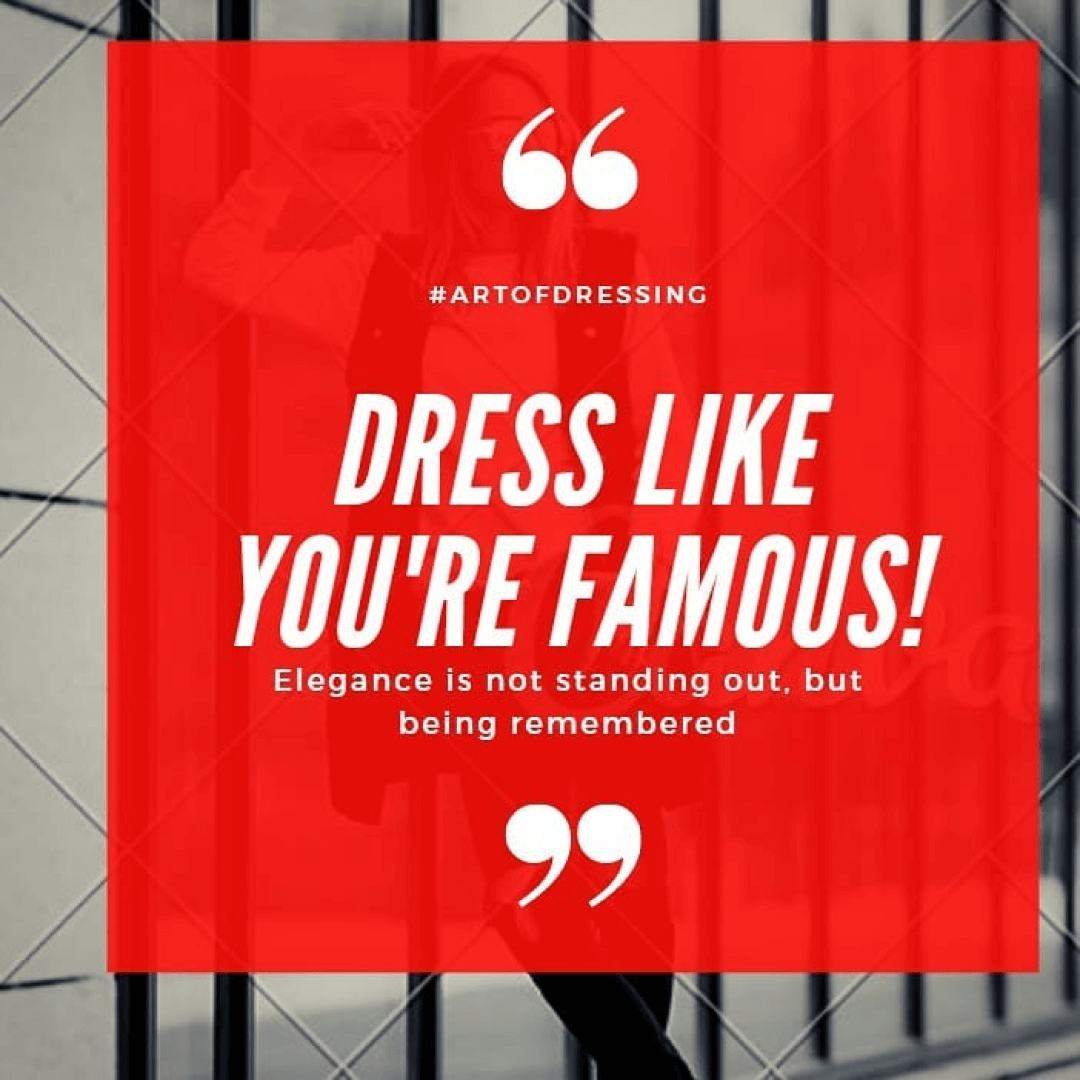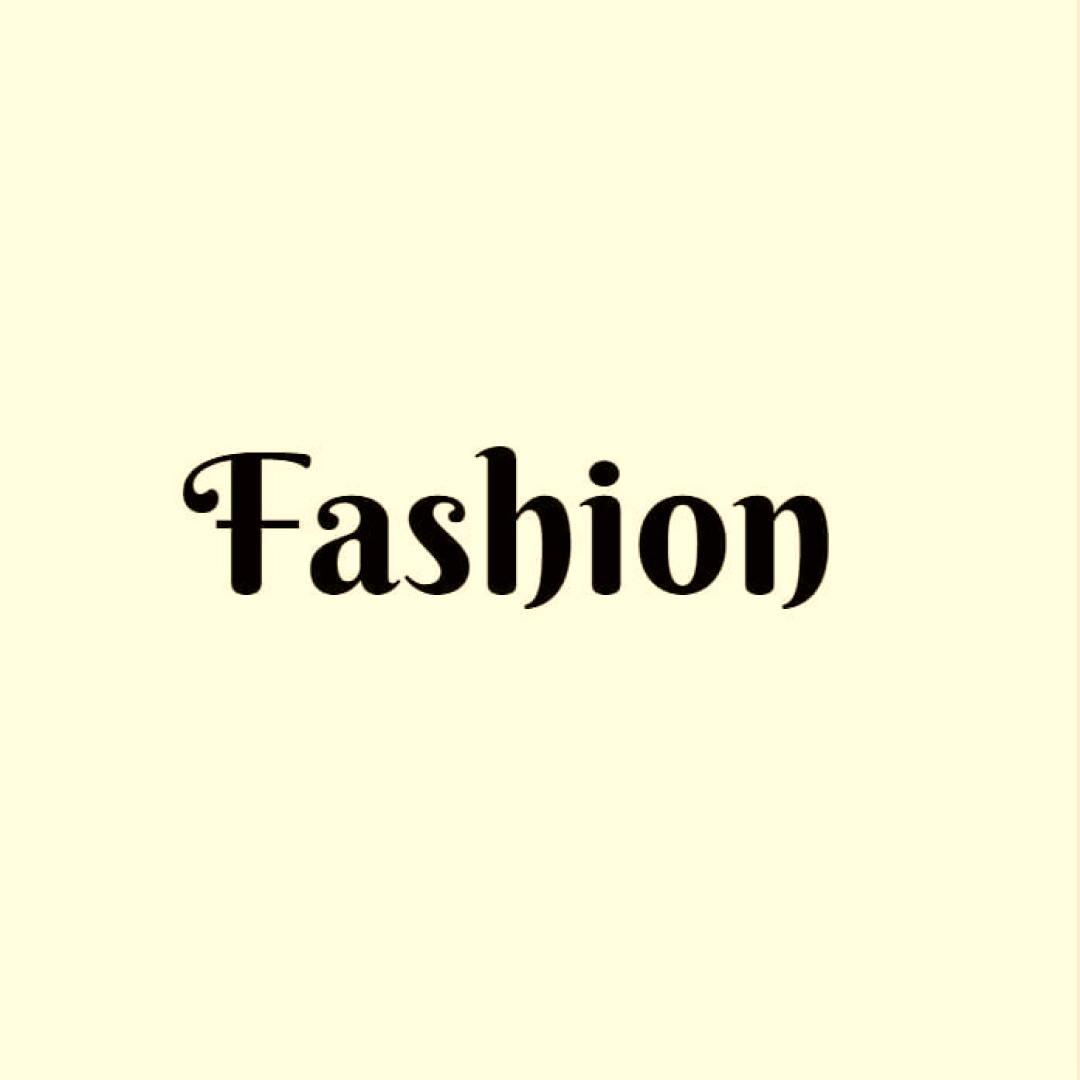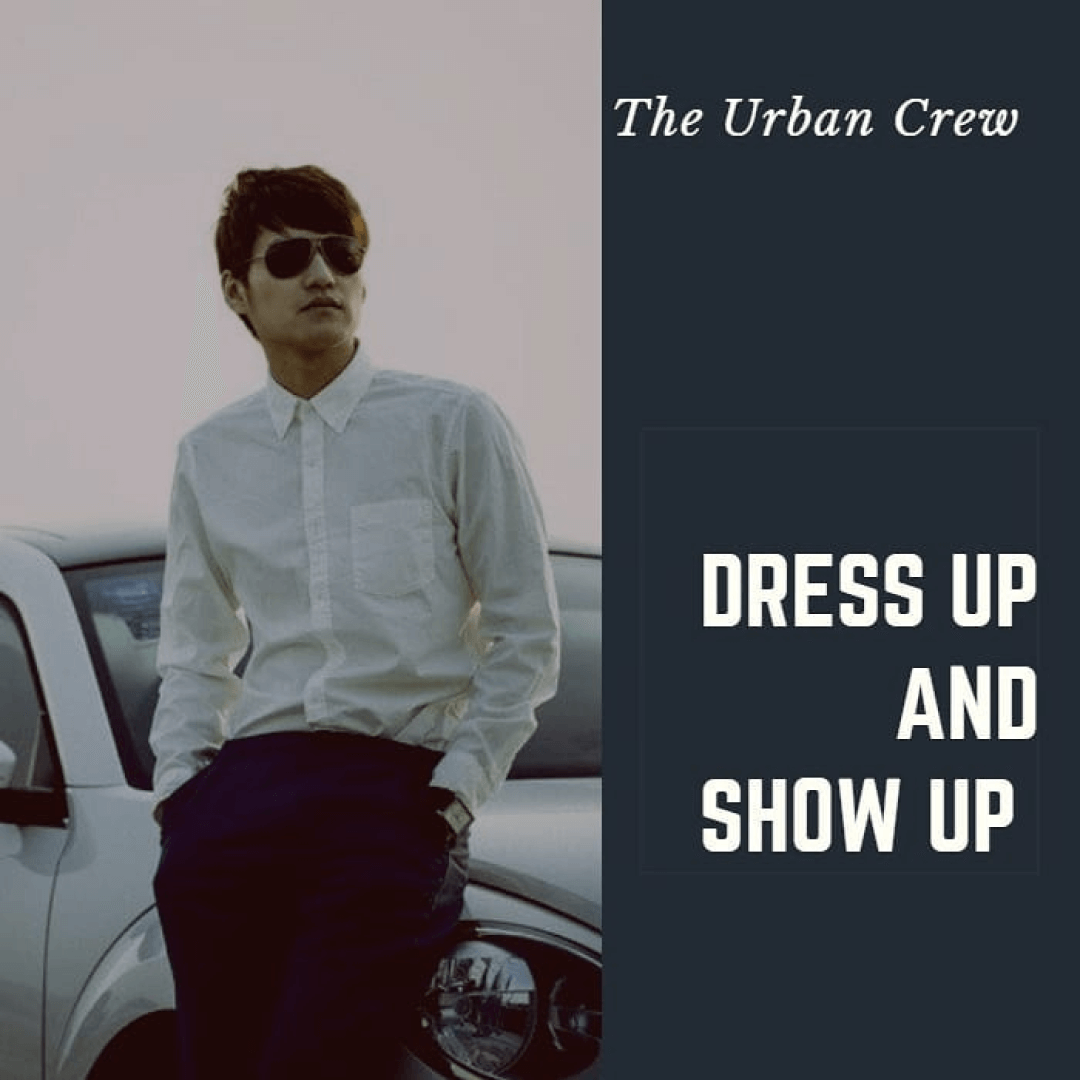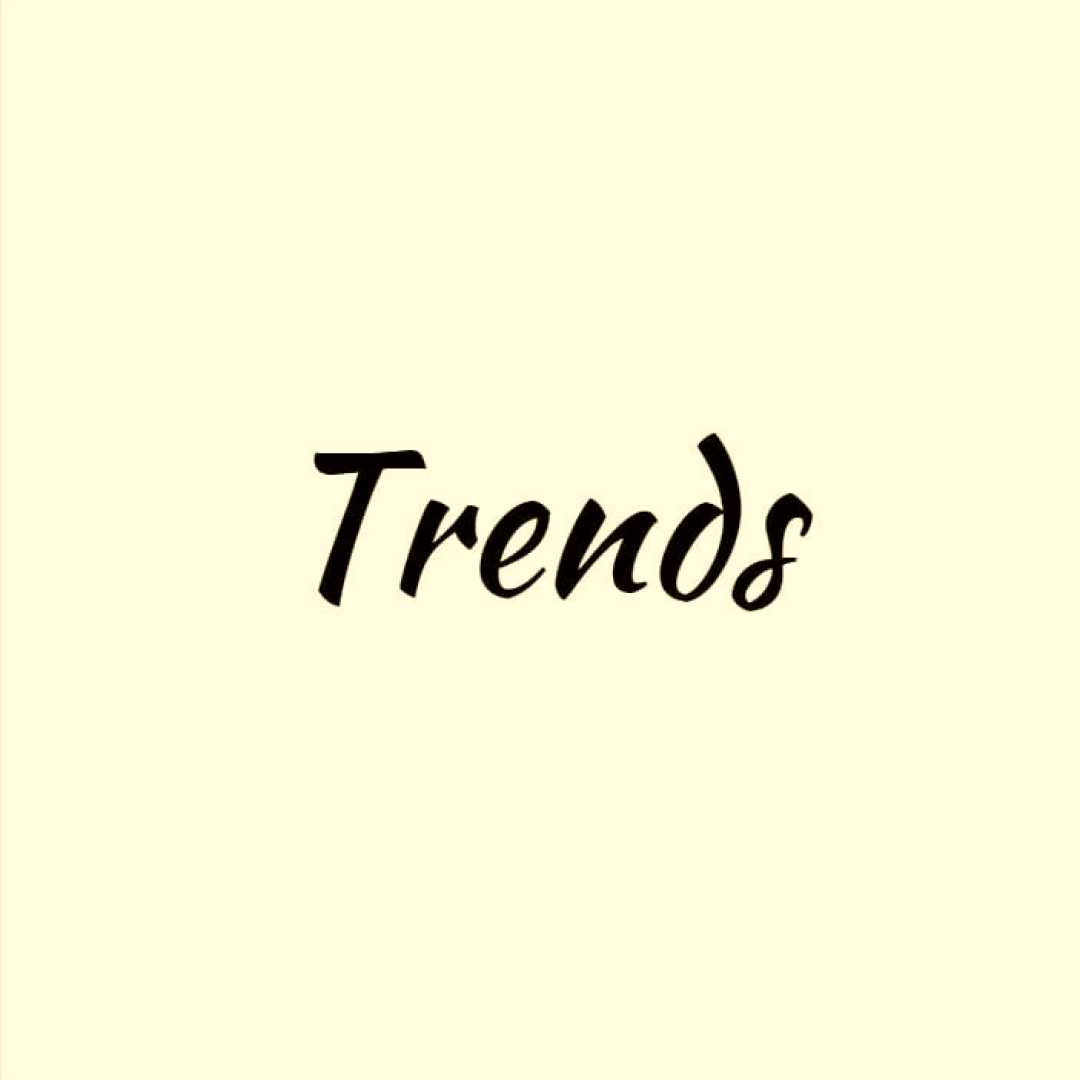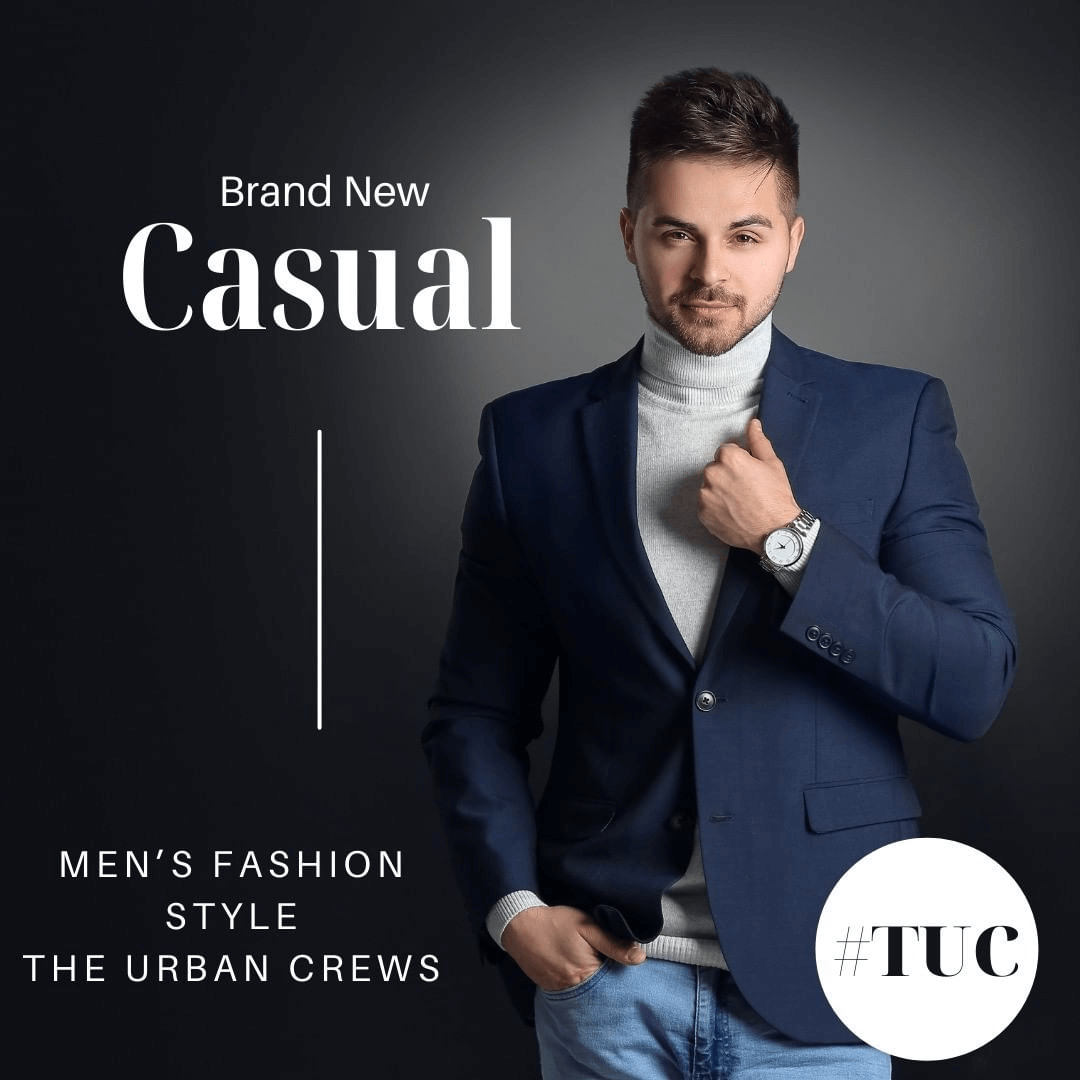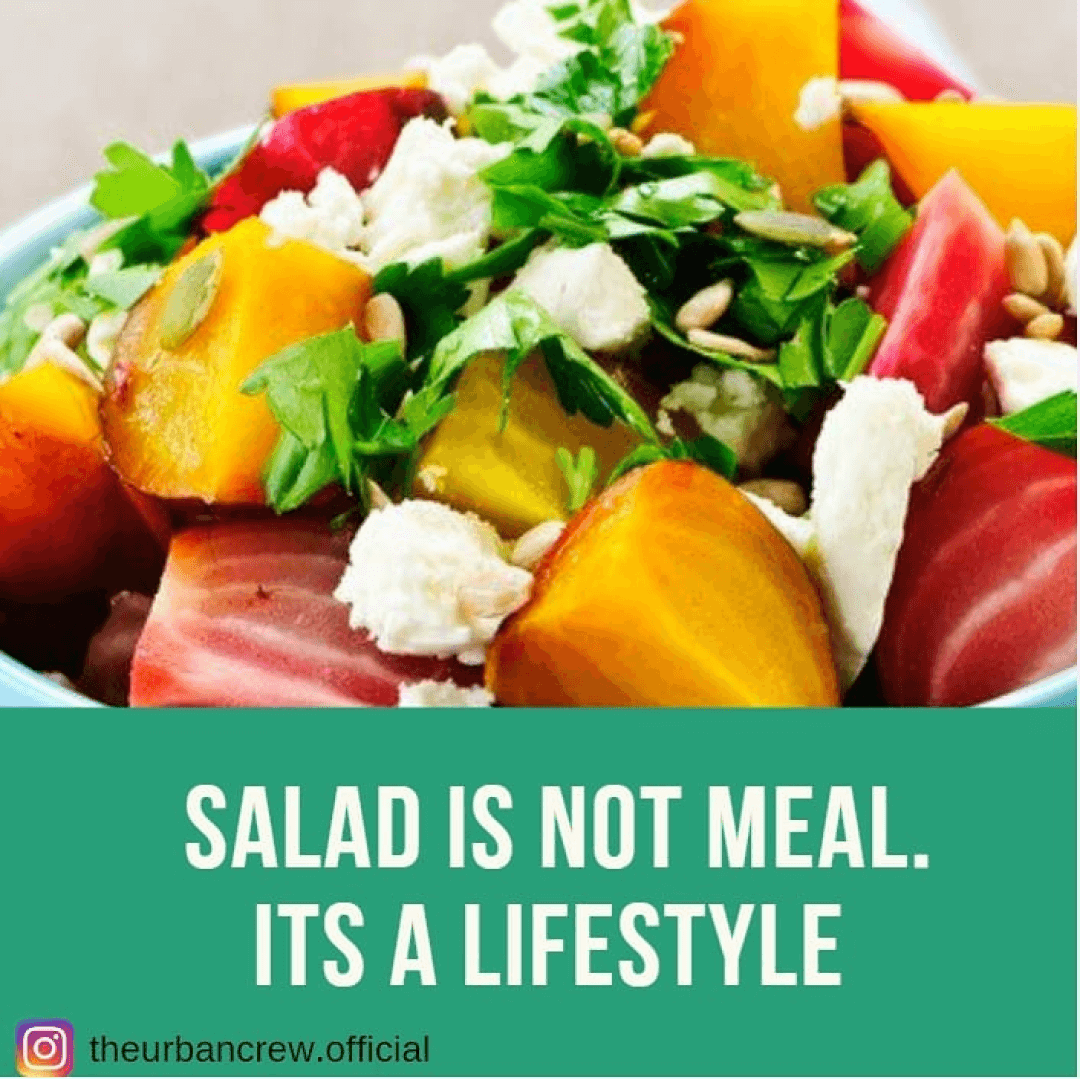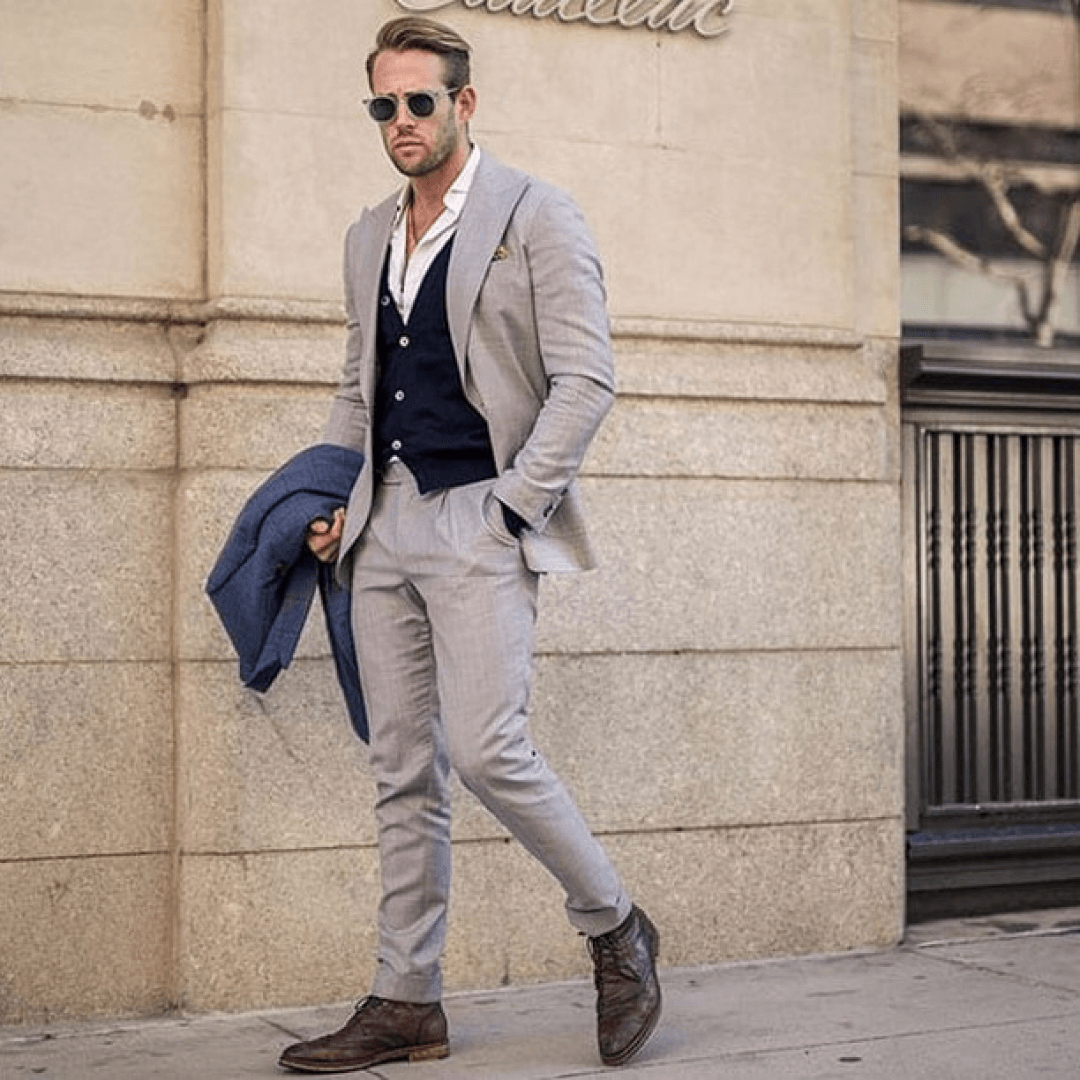If you’re looking to produce your own custom clothing line, finding the right wholesale clothing vendors to manufacture your designs is a crucial first step. Working with custom vendors allows you to turn your creative visions into wearable realities. However, the process also comes with challenges and key factors to consider so you end up with quality products that properly represent your brand.
Table of Contents
Why Work with a Custom Clothing Vendor to Grow Your Fashion Brand?
As an emerging fashion brand, partnering with a custom clothing vendor provides significant advantages while scaling up operations. Rather than investing in purchasing and maintaining your own manufacturing facilities which requires immense capital outlays initially, custom vendors enable new brands to get quality customized garments produced without huge fixed costs.
These vendors already have the equipment, materials, specialized skills and adequate manufacturing capacities needed for sewing, printing, embroidering or embellishing garments as per the brand’s creative designs. They bring extensive experience that a young brand lacks when it comes to converting design concepts into retail-ready products of reliable build quality. Relying on their expertise allows fashion brands to focus resources more on core competencies like designing compelling product lines and building effective marketing campaigns to promote growth.
As quantities demanded increase, established relationships with vendors help activate additional manufacturing capacity and gain greater negotiating leverage without production bottlenecks. Overall, leveraging custom vendors jumpstarts manufacturing with greater flexibility and less risks involved as an emerging brand finds its footing in the dynamic fashion marketplace.
This guide covers the top things you need to know when sourcing and collaborating with clothing production partners.
Research and Shortlist Potential Vendors
The first key step is thoroughly researching vendors to find ones that are a good match for your particular needs. Important factors to evaluate include their specialties and production capabilities, quality control standards, previous clientele and reviews, pricing and minimums, location and shipping, and more. Create a shortlist of a few top contenders that seem to align well and have demonstrated reliability and successful custom orders in the past.
Communication is Critical
Once you’ve identified prospective wholesale clothing vendors to work with, clear communication is crucial for success. Be very detailed about your expectations, requirements, specifications, and any other considerations necessary so the vendor fully understands your vision and what exactly you want produced. Provide examples of your designs, color swatches, sizing charts, and anything else that will help bring clarity. Answer all their questions as well and make sure you’re aligned before production begins.
Know the Capabilities and Limitations
While researching vendors, get very clear insight into both what they specialize in and their limitations too. For example, some may excel at cut-and-sew but have no digital textile printing capabilities. Others may focus on specialty fabrics like leather or lace. The clearer you understand exactly what they’re able to do (and not do)—and what that means for your designs—the better set up you’ll be for an ideal outcome matching your vision.
Request Samples and Prototypes
An important step before going into full production with custom clothing is to request both fabric swatches and prototypes. This allows you to see, feel and try out the actual materials that will be used and check the quality and construction in person rather than just a digital rendering. Provide very candid feedback to the vendor on anything that needs tweaking before they manufacture all the final products. Getting samples first saves lots of time, money and headaches down the road.
Understand Pricing and Minimums
When budgeting for your order and evaluating vendors, you need clear expectations about both pricing and order minimums too. Many wholesale clothing manufacturers have minimum order quantities (for example, 12, 24 or 36 pieces per style). So, you need to prepare to order enough products to make the project feasible for them as well. The more pieces you order, the lower the per-unit pricing too. Make sure to get formal quotes so there are no budget surprises.
Plan Timelines Wisely
Another big consideration is timelines. Custom clothing production takes significant time – often 12 weeks or longer. Factors like procurement of fabrics, availability of machines and labor, quality checks of samples and prototypes, shipping transit days, and more all play a role. Make sure to have open conversations about realistic turnaround times so you can plan your brand launches and inventory stock accordingly. Don’t assume an overly aggressive schedule and build in some buffer too.
Finding the right partner for manufacturing custom clothing enables you to bring your fashion brand vision to life. But there are many important factors to weigh like capabilities, communication, samples/prototypes, pricing minimums and timelines when selecting and collaborating with wholesale vendors. Following these tips will set you up for apparel production success.

